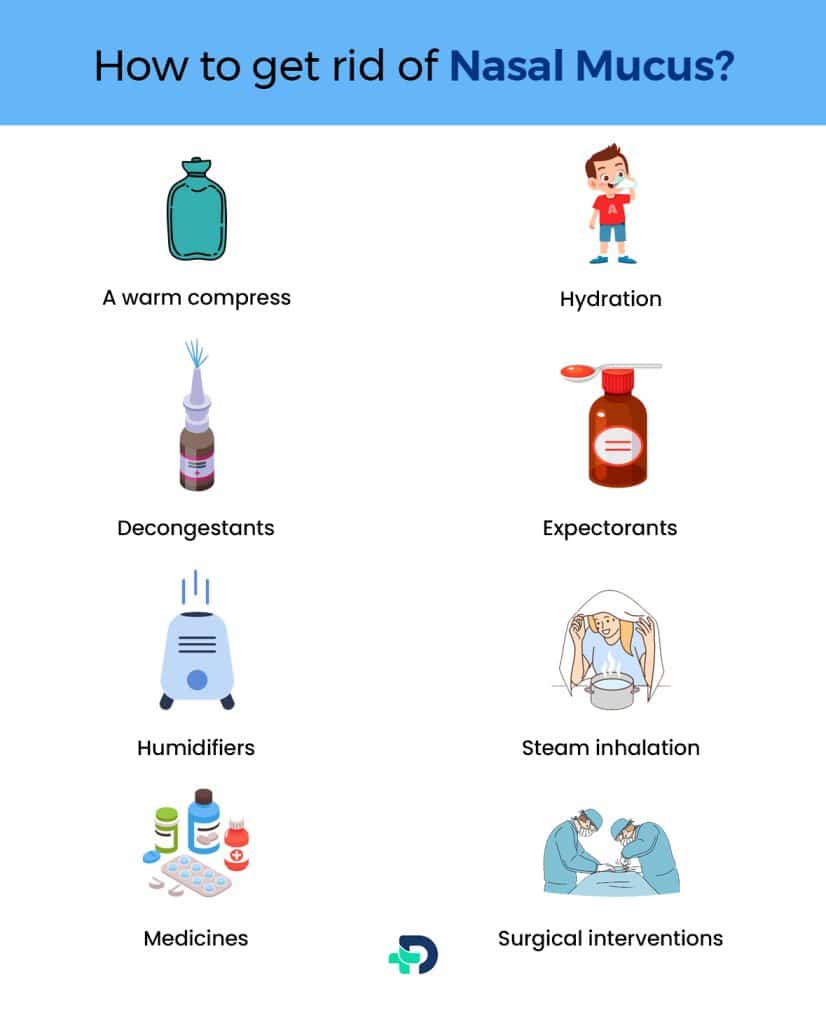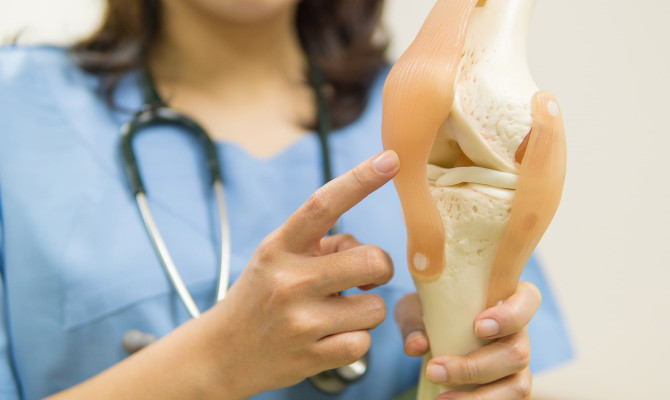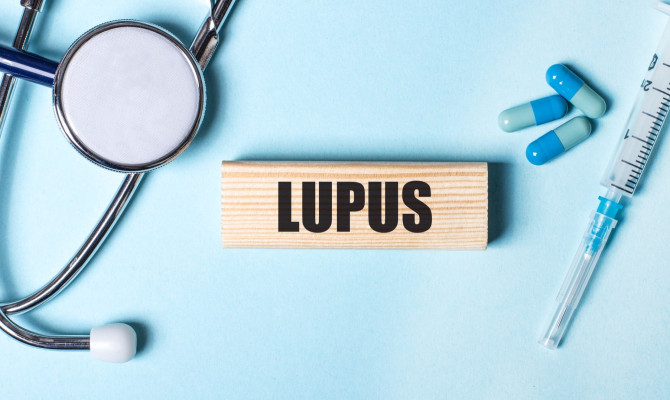Exploring the Role and Functions of Mucus in Human body

- Mucus
- 17 Aug 2023
Overview
About Mucus
The mucus membranes all over the body create a slippery, gelatinous fluid called Mucus. It is generated in the reproductive, digestive, and respiratory systems and serves several other crucial activities.
In this article, we set out to discover the marvels of mucus. We will examine its many activities, including its protective ones in the respiratory system, where it screens out possible risks, and its crucial contributions in the digestive system, where it aids digestion and absorption of nutrients.

Causes
Causes of Mucus production
- Respiratory infections
- Allergic reactions
- Asthma
- Smoking
- Environmental factors
- Dehydration
- Gastrointestinal disorders
- Hormonal changes
- Medications
Although the body produces it naturally, few things can change or accelerate its production. Here are a few typical reasons:
Breathing infections
- Infections caused by bacteria or viruses, such as the common cold, bronchitis, or sinusitis, can increase the amount of mucus produced. The body produces more mucus to catch and eliminate infections as a defense.
Allergies
- Histamines can be released due to allergic reactions to pollen, dust mites, animal dander, or specific foods. Histamines contribute to the allergic response by causing inflammation and promoting mucus creation.
Asthma
- It is a chronic disorder that causes inflammation and airway constriction. Increased mucus production due to the inflammation might result in symptoms including coughing, wheezing, and dyspnea.
Smoking
- Smoking harms the lungs and aggravates the mucous membranes. It can result in chronic bronchitis, which produces excessive mucus and causes a continuous cough.
Environmental factors
- The body may produce mucus to shield the respiratory system from harm when exposed to irritants like smoke, chemicals, strong odors, or air pollution.
Dehydration
- Inadequate hydration can lead to thicker mucus forming, making it more challenging for the body to clean it out adequately.
Gastrointestinal issues
- The digestive tract may produce excessive mucus due to gastroesophageal reflux disease (GERD), gastritis, or inflammatory bowel disease (IBD).
Hormonal changes
- Changes in hormone levels, especially during pregnancy, might impact mucus production. Due to hormonal changes, pregnant women may produce more mucus and have more nasal congestion.
Medication
- Depending on their mode of action, several drugs, such as decongestants or antihistamines, can thin or thicken mucus.1Causes| Researched based study from Nlm.nih.gov
Production areas
Mucus production areas in the body
Respiratory system
- It is primarily produced in the trachea, bronchial tubes in the lungs, sinuses, throat, and nasal passages.2Production areas| Researched based study from Nlm.nih.gov
Intestinal system
- The cells lining the esophagus, stomach, small intestine, and large intestine (colon) also make it. It helps transit waste through the intestines, protects the stomach lining from digestive acids, and lubricates the passage of food through the digestive tract.3Production areas| Researched based study from Nlm.nih.gov
Reproductive system
- Additionally, the reproductive system is where it is produced. The vaginal walls and the cervix in females both have mucus.
- Throughout the menstrual cycle, hormonal changes impact the consistency and volume of cervical mucus.
- It assists in the movement of sperm and acts as a lubricant during sexual activity.
Nasal passages and eyes
- It is created in the conjunctiva, a thin membrane that lines the inside of the eyelids and covers the front of the eye.
- It protects the eyes from foreign substances and helps in keeping them lubricated.
- It is also found in the nasal passages, where it traps and moisturizes airborne particles to keep them from entering the lungs.2Production areas| Researched based study from Nlm.nih.gov
The salivary glands
- Mouth salivary glands create mucus with saliva in them. It facilitates oral lubrication, making speaking, chewing, and swallowing simpler.
Other areas
- The middle ear, the gallbladder, and other parts of the body, such as the lining of the urinary tract, contain it as well.
Benefits
Benefits of Mucus
Mucus has many advantages for how biological systems work. A few of them are:
- Lubrication
- Protection
- Transport & Clearance
- Moisturization
- Aids in immunity
Lubrication
- It acts as a lubricant in several biological systems, including the reproductive, digestive, and respiratory systems. It facilitates friction reduction and allows fluid movement of substances and organs.
Protection
It serves as a barrier of defense in several ways:
- Dust, allergens, and other foreign particles are trapped, keeping them from harming the sensitive lung tissues. When we cough or sneeze, it helps to filter and eliminate these pollutants.
- It protects against mechanical abrasion from food and acidic digestive secretions that could damage the sensitive lining of the stomach and intestines.
- It forms a barrier of defense in the female reproductive organ’s cervix that keeps bacteria and other diseases out of the uterus.
Moisturization
It helps in preserving the tissues’ and organs’ hydration levels. For example:
- Eyes: Mucus-filled tears keep the eye’s surface wet and stop them from drying out.
- Nose: Keeps the sinuses and nasal passages wet to prevent them from drying out and becoming uncomfortable.
- Mouth and throat: It helps speak and swallow by keeping the mouth and throat moist.
Immune protection
- It has proteins, enzymes, and antibodies that work to neutralize and get rid of bacteria, which reduces the risk of respiratory infections.
- It has defense mechanisms against toxic compounds and harmful germs, including immune cells.
Transport and clearance
- Dust, pollutants, and germs that are breathed are captured by mucus. Cilia, which appear to be microscopic hair like structures, are found in the respiratory system and assist mucus in moving upward and towards the throat, where it can be expelled through coughing or swallowing.
- Mucus helps in food circulation, which makes digestion and removal easier.
Disorders
Disorders of the Mucus
An allergic rhinitis
- The allergic reaction to airborne allergens like pollen, dust mites, or pet dander is also called hay fever. Sneezing, itching, runny nose, and other symptoms can be brought on due to the over production of mucus in the throat and nasal passages.
Cystic fibrosis
- Multiple organs, including the lungs, pancreas, liver, and intestines, are affected by this genetic condition. One of its key features is the production of thick, sticky mucus that restricts the airways and causes recurring lung infections, breathing issues, and digestive issues.
Chronic bronchitis
- The bronchial passages become inflamed and irritated during it. It causes more mucus to be produced, which causes a persistent cough that produces phlegm, wheezing, and shortness of breath.
Chronic rhinosinusitis
- This disease causes sinus and nasal irritation, which results in ongoing symptoms that last longer than 12 weeks. It is associated with nasal congestion, facial pain or pressure, a reduced sense of smell, and excessive mucus production.
Sinusitis
- It is an inflammatory condition that affects the sinus cavities and may be brought on by an infection, an allergy, or structural problems. It causes symptoms such as post-nasal drip, headache, facial pain or pressure, congestion, and thick nasal discharge.
Mucus plugs
- Thick mucus plugs can form and clog the airways in some disorders like bronchiectasis or severe asthma, causing breathing problems, coughing, wheezing, and recurring infections.4Disorders| Researched based study from Nlm.nih.gov
Treatment

How to get rid of Nasal Mucus?
Decongestants
- By constricting the blood vessels in the nasal pathways, they help in reducing nasal congestion. They can help loosen mucus production and offer temporary relief. They are available as nasal sprays but should only be used shortly to prevent rebound congestion.
Expectorants
- They help loosen and reduce mucus, facilitate coughing, and clear the airways. They function by triggering an increase in watery mucus production. One popular one is guaifenesin, which is sold without a prescription.
Humidifiers
- A humidifier can help avoid dryness by introducing moisture to the air. Mucus can be simpler to evacuate when it is thinner due to increased humidity. To stop the growth of bacteria or mold, clean the humidifier frequently.
Steam inhalation
- Using a steam inhaler or inhaling steam from a hot water bowl can help moisten and release the mucus. Eucalyptus or menthol essential oils may offer comfort when added to the water. Utilizing hot water or steam needs caution to prevent burns.5treatment| Researched based study from Nlm.nih.gov ,6Treatment| Researched based study from Nlm.nih.gov ,8Treatment| Researched based study from Nlm.nih.gov
Medicines
- Antibiotics may be administered to treat the underlying infection in cases where a bacterial infection, such as sinusitis or bronchitis, brings on a mucus-related problem.
- Corticosteroids can be provided as sprays, inhalers, or oral medications, work to reduce inflammation.
- Allergen immunotherapy may be advised for persons with allergic rhinitis or asthma brought on by allergens to desensitize the immune system and reduce allergic symptoms.
Surgical interventions
- Procedures like sinus surgery or nasal polypectomy may be considered when mucus-related problems are brought on by structural abnormalities or chronic sinusitis that does not respond to other therapies.7Treatment| Researched based study from Nlm.nih.gov ,8Treatment| Researched based study from Nlm.nih.gov
Lifestyle changes and home remedies
Hydration
- Drinking enough liquids promotes mucus evacuation and keeps it thin. Warm broths, herbal teas, and water are all healthy choices.
Nasal irrigation
- Constipation can be relieved, and extra mucus can be flushed out of the nasal passages using a neti pot or saline solution.
A warm compress
- Warm compresses can relieve swelling and promote mucus drainage in the sinuses.
Avoiding irritants
- Avoid being around environmental irritants, including pollution, cigarette smoke, and strong odors.
Elevating your head
- This will help prevent mucus from building up in your throat and reduce coughing and post-nasal drip every night.9Treatment| Researched based study from Nlm.nih.gov
Any feedback on this article?
 This Articles content was accurate
This Articles content was accurate Very Informative Article
Very Informative Article I have a question or a comment
I have a question or a comment
 This article contains inaccurate content
This article contains inaccurate content This article was not helpful
This article was not helpful I have a question or a comment
I have a question or a comment
We appreciate your helpful feedback!
Checkout our social pages
References
-
National Library of Medicine
Mucus | Benefits | Causes
-
National Library of Medicine
Effective Mucus Clearance Is Essential for Respiratory Health | Production areas
-
National Library of Medicine
The gastrointestinal mucus system in health and disease | Production areas
-
National Library of Medicine
Mucus in chronic airway diseases: sorting out the sticky details | Disorders
-
National Library of Medicine
Management of airway mucus hypersecretion in chronic airway inflammatory disease: Chinese expert consensus | Treatment
-
National Library of Medicine
Mucolytic Medications | Treatment
-
National Library of Medicine
Recommendations for the management of cough in adults | Treatment
-
National Library of Medicine
Chronic Bronchitis | Treatment
-
National Library of Medicine
Diet and lifestyle recommendations for the treatment of chronic cough and chronic disease | Treatment



































